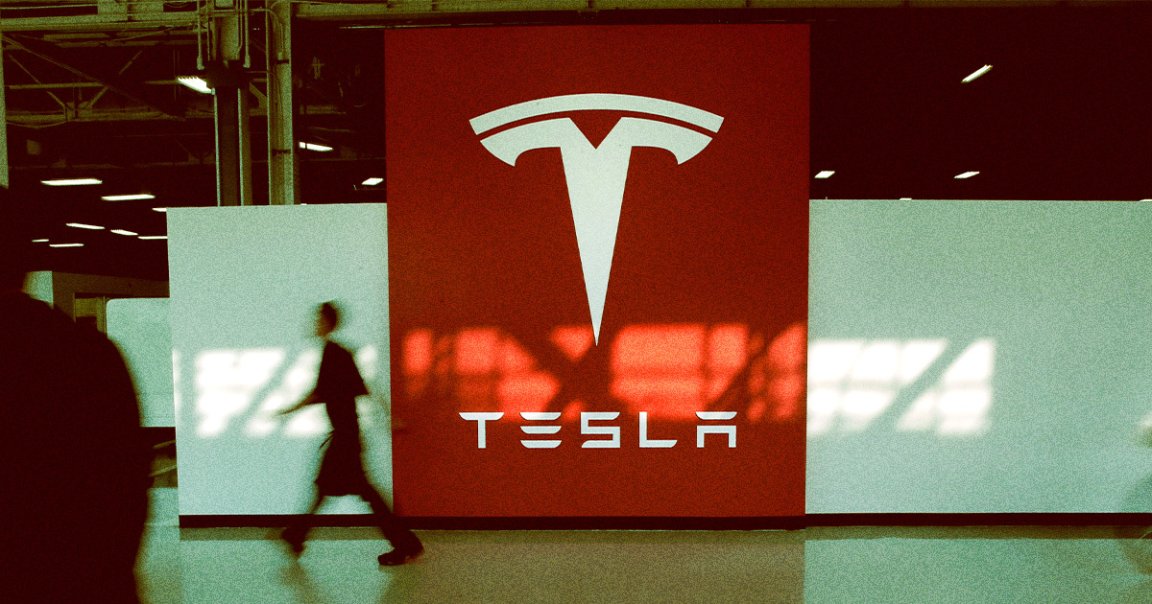
Tesla is once again being sued for discrimination over alleged displays of deeply racist material and retaliation against those who complained at its California factories.
In the lawsuit filed in Northern California’s district court, the US Equal Employment Opportunity Commission claimed that Tesla was in violation of 1964’s landmark Civil Rights Act by retaliating against Black employees at its Fremont factories who brought up concerns about racist graffiti and mistreatment they saw and experienced.
The EEOC said in its suit that starting in 2015, Black employees were subjected not only to gratuitous displays of racial slurs, epithets, and symbols, but also to verbal discrimination from non-Black coworkers, some of whom were in positions of power over the employees involved in the suit.
Black employees at Tesla who took part in the lawsuit “found such graffiti on a variety of surfaces, including on desks, in elevators, and on equipment, including vehicles rolling off the production lines” and “described the prevalence of racist imagery as ‘frequent,’ ‘constant,’ ‘a regular thing,’ and occurring ‘too many times to count,” the federal filing claims.
As one of the workers quoted in the suit recounted, the experience of seeing “KKK epithets, a swastika, and the N-word all over the bathroom… was so gross and racist” that they initially didn’t want to talk to anyone about it.
Along with the graffiti, the former Tesla employees who took part in the lawsuit said that the verbal use of the N-word was “casual and normal” among their non-Black coworkers and supervisors, and by white men in particular.
“Non-Black workers have referred to Black employees as ‘Black bitch,’ ‘Black ass bitch,’ ‘boy,’ and ‘monkey,’ among other slurs,” the lawsuit alleges. “Non-Black workers have also mocked Black employees by making ‘monkey’ noises.”
As if seeing and hearing racial slurs everywhere wasn’t enough, the lawsuit also claims that after employees reported the graffiti and harassment to their superiors, they would often be subject to retaliation “through schedule changes, less desirable duties, reassignments, unjustified write-ups, and discharge.”
“Tesla has fired Black employees within weeks of them reporting or opposing racial harassment,” the suit reads. “Tesla fired one Black employee who had opposed harassment right after advising her of Tesla’s policy not to retaliate.”
When not firing or punishing workers for reporting harassment and graffiti, other Tesla supervisors and human resources officials who witnessed or were made aware of the behavior “refused to intercede,” the suit claims, and often failed to take appropriate action as well.
In the suit, the EEOC said that it invited Tesla to take part in informal mediation procedures as an “opportunity to remedy the discriminatory practices,” but the company ultimately didn’t agree to anything that the commission found acceptable.
This is far from the first time Tesla’s been sued for racial discrimination, with its Fremont factories in particular drawing notable heat.
In spite of this incredibly bad press, however, Tesla’s star — and stock value — continues to rise, making an unsettling point about how fans of the electric vehiclemaker view the racism at the locations where their cars are made.
More on Tesla: Elon Musk, Renowned for Throwing Stones, Accused of Building Glass House With Company Funds